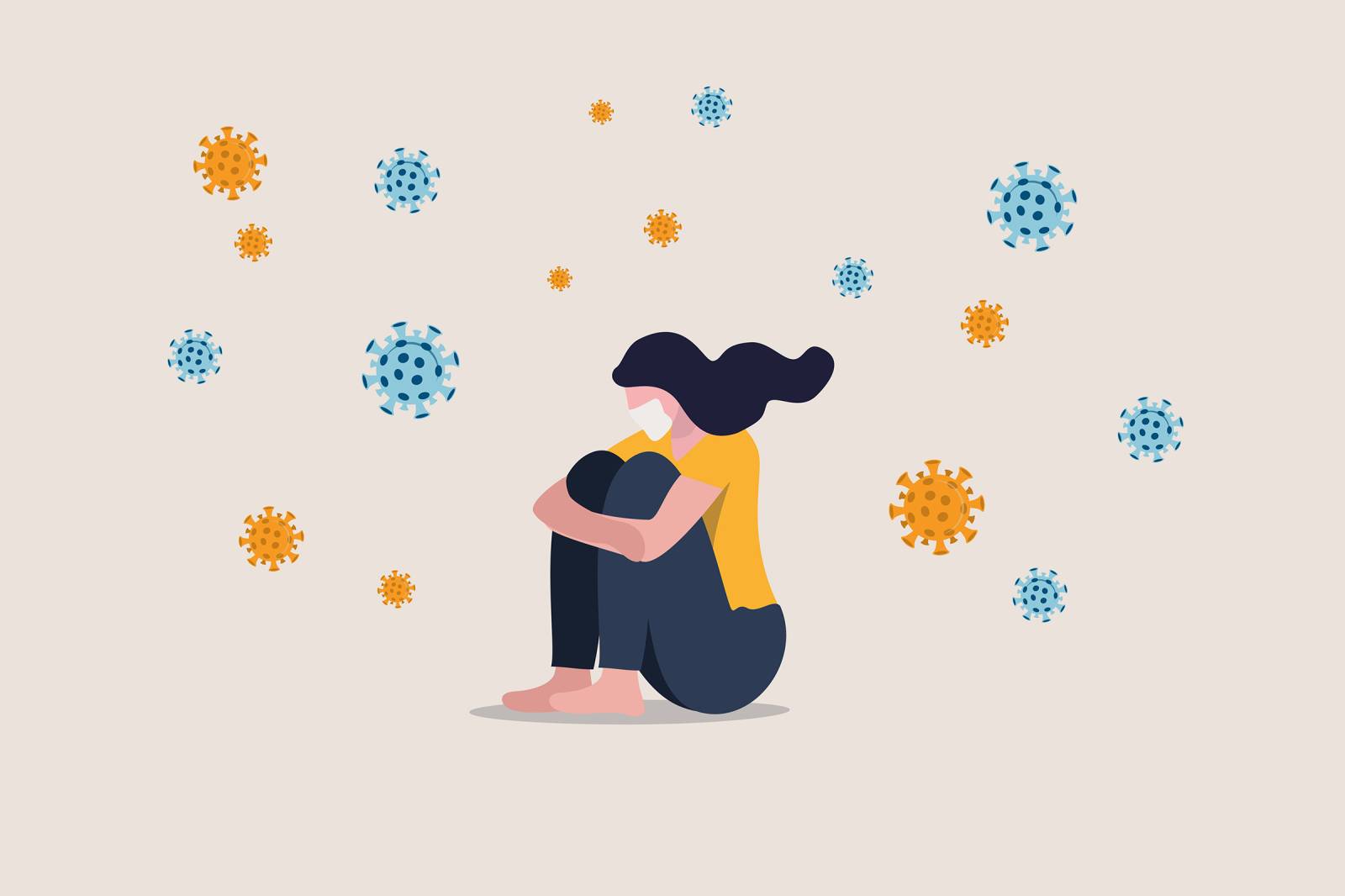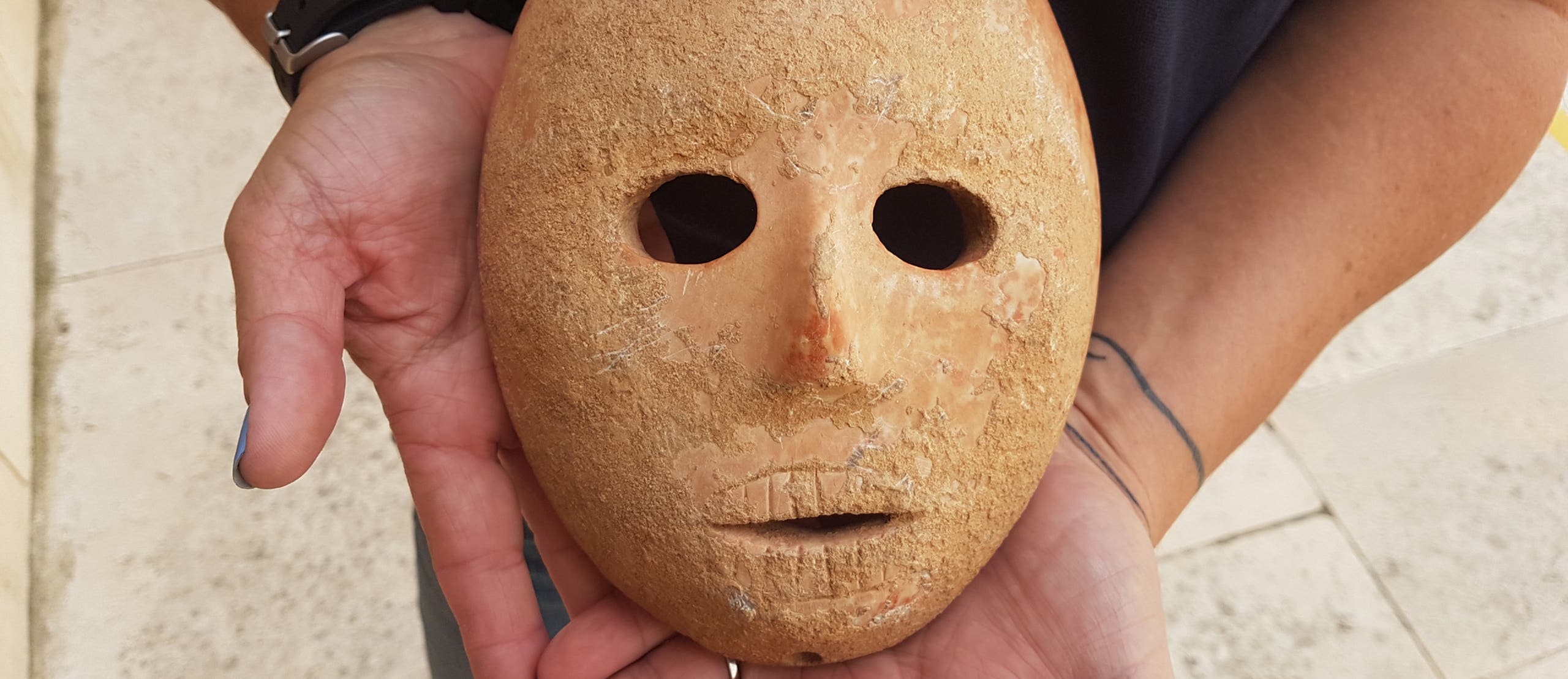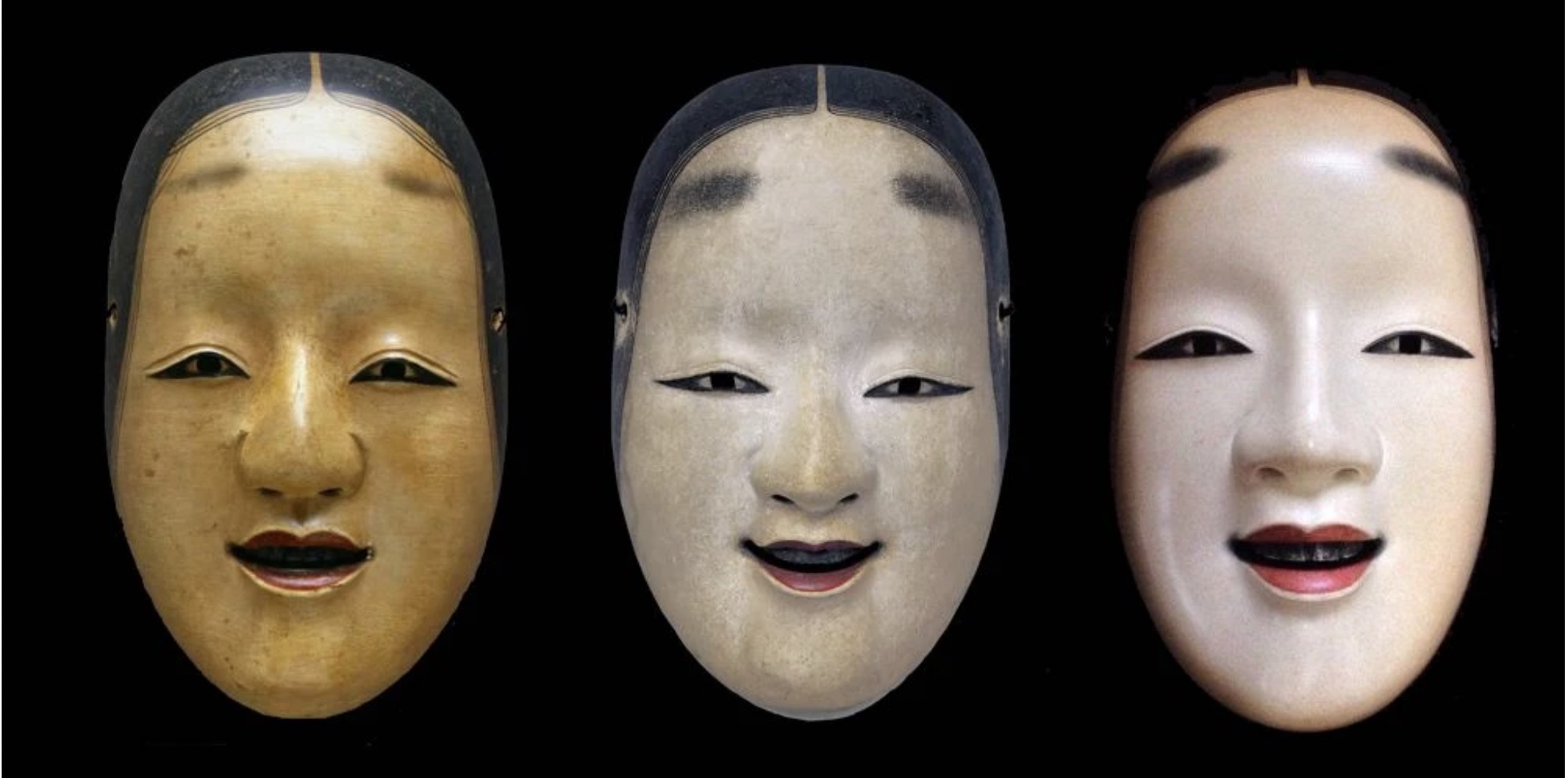It’s a great Friday Blog Question:
IS IT POSSIBLE TO BE KIND TO EVERYTHING. . . ?
or to poetically put it:
CAN KINDNESS BE BROUGHT TO AN EVERYTHINGNESS. . .
Driving
Defensively
Looking for hazards
Watching for water filled potholes
He appeared across my windshield
Inside
Traversing it’s clear continent
Owning it
Like an unexplored universe
Not yet known
Discovered
Far from knowing
He could be exterminated
Crushed not so carefully
From a runaway McDonald’s napkin
Snuggled between the car seat
But when arriving safely to my destination
We both escaped from unknown dangers
Never to be seen/known
By the other
Still alive
For a time
A Kindly Kind-of-ness
Without a sacred
all relieving
Gratitude
Unoffered
But received
(With a Praise to be to the Universe Creator for not allowing it to be snake)





























